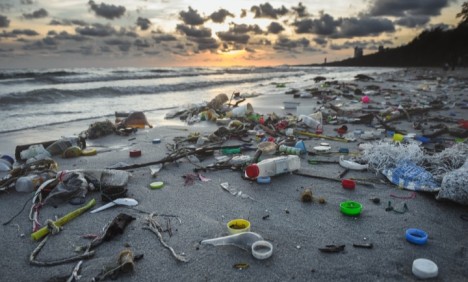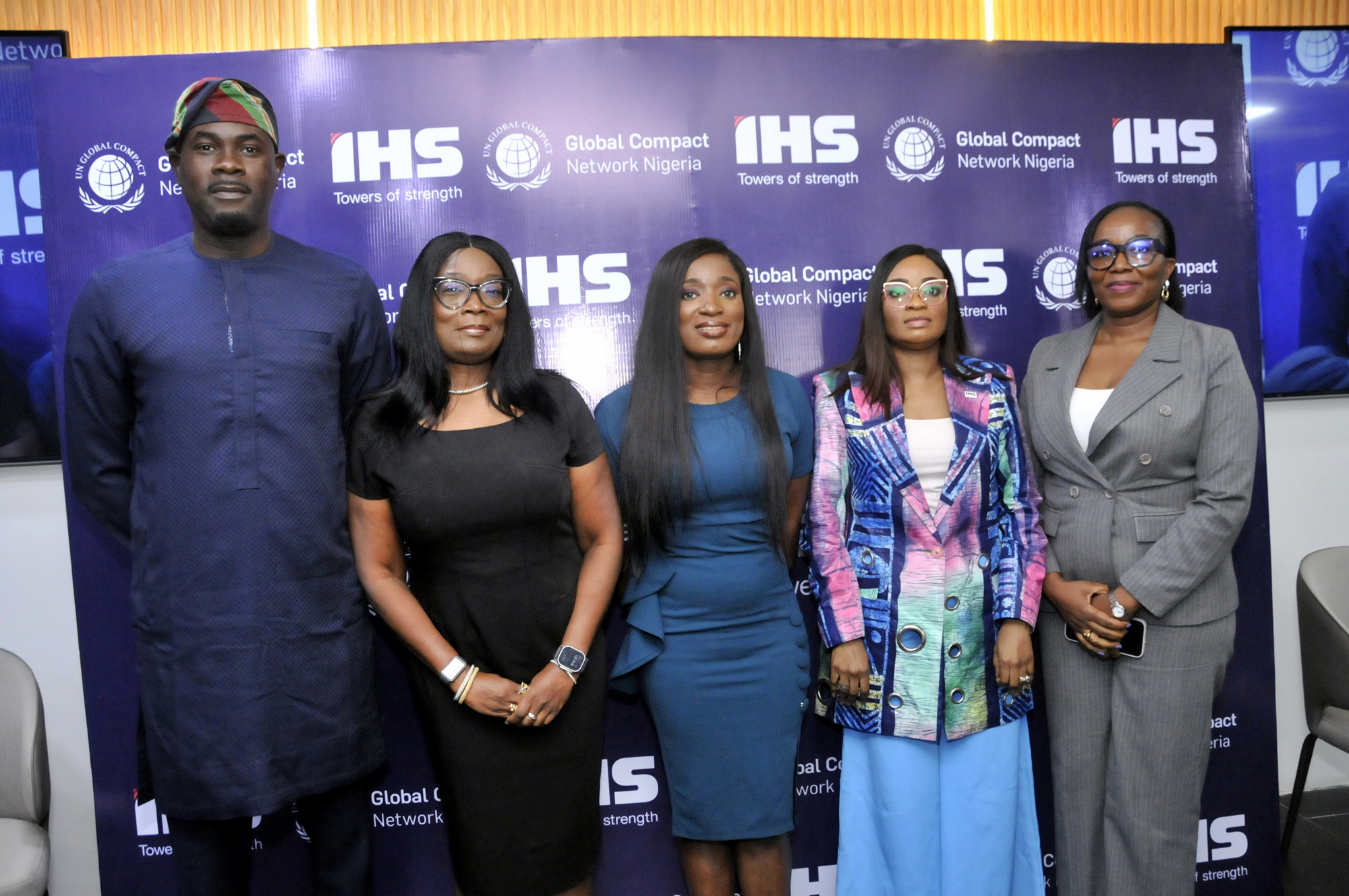SEC Canvasses Advanced Financial Inclusion By 2030



By Amaka Obiefuna

Shell Nigeria is celebrating Country Chair Osagie Okunbor, who is retiring this month after 39 years of service. Stakeholders in the oil and gas industry, including government functionaries, regulators, and chief executives of indigenous and international oil companies are joining to honour Okunbor at the milestone ceremonies which began in Abuja last night (June 24, 2025).
The dignitaries highlighted Okunbor’s contributions to the development of the oil and gas industry in Nigeria especially Nigerian content and playing key roles in Shell’s investments in Deep-water and Integrated Gas in Nigeria. Executive Vice President Nigeria, Marno de Jong, will take on the additional responsibilities of Country Chair Nigeria.
Marno said: “Osagie is a respected leader in Shell and the broader industry whose wise counsel and insights have proved invaluable. Over a career that has lasted nearly 40 years, Okunbor has related with a wide range of stakeholders, from communities to industry leaders, with empathy and excellent relational skills. We will all miss his presence and wish him a most enjoyable retirement.”
Okunbor said: “It has been an honour of a lifetime serving my country on a global platform offered by Shell. The Shell values of Honesty, Integrity and Respect for people have been useful in my modest contributions.”
A graduate of University of Benin in Business Administration, Okunbor joined Shell in 1986 and has served in Nigeria, the United Kingdom, Brunei and the Netherlands. He became Managing Director of the defunct Shell Petroleum Development Company of Nigeria Ltd (SPDC) and Country Chair, Shell Companies in Nigeria in 2015.
His previous roles include Vice President, Infrastructure and Logistics in Nigeria, Vice President Human Resources, Sub-Saharan Africa and Senior Advisor, Upstream International Operated Business.
Okunbor has also been a key player in the Nigerian energy industry, serving as two-term Chairman of the Oil Producers Trade Section (OPTS) of the Lagos Chamber of Industry. He received the H.E. Dr Alirio Parra Lifetime Achievement Award in the Nigeria Oil and Gas Industry in 2022, among several other honours.

By Winifred Bosa

The call was made at the event marking this year’s World Environment Day facilitated by Unity Bank’s Sustainability Team to fashion out innovative strategies to curb plastic pollution in Nigeria in line with this year’s global theme: “Ending Plastic Pollution.”
In his remarks, Mr. Usman Abdulkadir, Executive Director, Risk Management, Unity Bank Plc, reaffirmed the Bank’s commitment to sustainability, adding that issues like plastic pollution carry deep risk implications for businesses and communities.
“Environmental degradation is increasingly a business risk, not just a corporate social concern,” Mr. Abdulkadir stated. “We must all begin to view environmental stewardship as a duty that cuts across sectors – finance, government, industry, and civil society. Unity Bank remains committed to integrating ESG principles into its risk frameworks and sustainability agenda.”
Guest speakers included leading waste management entrepreneurs and environmental activists such as Sunday Kolawole Sholanke, Co-founder/CEO of PETsPoint Recycling Nigeria, and Omoh Alokwe, Co-founder/CEO of Street Waste Company Limited.
Speaking at the Webinar, Mr. Sholanke decried the alarming volume of plastic waste in Nigeria, putting estimates on the country’s waste generation to about 596 million metric tonnes annually, with 88% of it neither reclaimed nor recycled.
“Nigeria ranks as the 9th highest contributor to global plastic pollution. Much of Nigeria’s plastic waste ends up in landfills, drainage systems, and water bodies, causing extensive environmental damage and posing serious health risks,” he explained.
He also shared startling global statistics: “Over one million plastic bottles and 10 million plastic bags are produced every minute. In 2020 alone, eight million tons of plastic bottles were produced globally, with less than 30% collected and under 10% recycled. The rest is dumped, burned, or abandoned in the environment, worsening risks of flooding, climate disruption, and disease.”
He identified poor waste management culture, low public awareness, and lack of community collection infrastructure as major factors aggravating the Nigeria’s plastic waste crisis.
Calling on the financial services sector to be more proactive, Sholanke urged Banks to invest in green financing by increasing access to affordable credit for green businesses and eco-friendly initiatives.
Also speaking, Omoh Alokwe emphasized the role of regulators in strengthening enforcement and updating policy frameworks to reduce harmful practices that fuel the global plastic crisis.
Also speaking in the same vain, Mr. Ibukun Coker, Head of Strategy and Innovation at Unity Bank Plc emphasized the Bank’s commitment to sustainable practices and environmental protection, highlighting the role of the financial sector in driving meaningful change.
“Plastic pollution is not just an environmental issue, it is an economic and public health crisis,” said Mr. Coker. “At Unity Bank, we believe that sustainability should be more than a policy; it must be embedded in how we operate, the projects we finance, and the partnerships we build.”
The webinar offered a platform for robust dialogue around sustainable actions and innovative solutions that can mitigate the escalating threat of plastic pollution and promote environmental protection.
Unity Bank has consistently championed environmental causes, including its annual Earth Day partnerships with non-profits such as RESWAYE to clean the Royal Beach in Elegushi, Lagos, part of its mission to protect marine ecosystems. In its most recent Earth Day campaign, the Bank challenged every staff member across 32 states to plant a tree in their locality, driving a grassroots reforestation movement and reinforcing environmental awareness
By Winifred Bosa

IHS Nigeria, in collaboration with the United Nations Global Compact Network Nigeria, hosted a high-level private sector dialogue themed “Collaborative Strategies for Greener Business Practices, Innovation and Sustainable Development”.